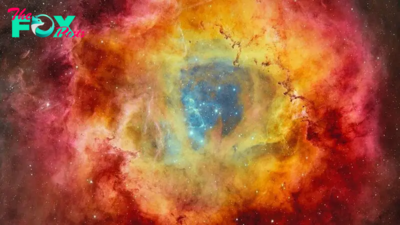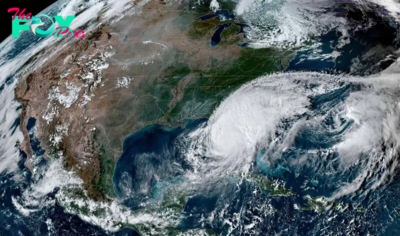Science
What would happen if the moon disappeared tomorrow?
Earth's moon plays a significant role in our culture, language and thoughts. But does it … you know … matter?
If the moon disappeared in the blink of an eye tomorrow (and for discussion's sake let's assume it does so nonviolently), would we even notice? Would we even care?
Well, it depends. The world as we know it is tied to the moon in more ways than most of us realize. Let's take a look at how Earth might change without its natural satellite...
Do you like tides?

Gravity — at least the Newtonian kind — is pretty straightforward: The closer you are to something, the stronger its pull of gravity. So stuff that's closer to the moon gets a stronger gravitational tug, and stuff that's farther away gets a weaker one. Easy-peasey. When looking at the effects of the moon on the Earth, you can essentially boil it down to three parts: The Earth itself, the ocean-close-to-the-moon and the ocean-far-from-the-moon.
On any given day, the ocean closest to the moon gets a bonus gravitational pull, so it rises up slightly, reaching out in watery embrace to what it can never reach. And since the ocean is so big, all the water from one horizon pushes up against water from the other, resulting in a fantastic tidal bulge.
Related: An extra moon may be orbiting Earth — and scientists think they know exactly where it came from
OK, tide on one side of our planet, done. But what about the other? The solid rocky bits of the Earth are closer to the moon than the ocean on the far side, so the Earth too gets a little more snuggly with the moon, leaving the far-side ocean behind. Result? Tides on the far side. From the perspective of someone standing on Earth, it looks like that ocean is rising up, but really it just doesn't get to join the party. And there you have it: two tides on opposite sides of the Earth.
-

 Science2d ago
Science2d agoInside Capitol Hill’s Latest UFO Hearings
-
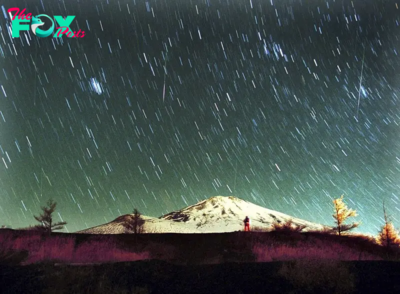
 Science2d ago
Science2d agoYou Won’t Want to Miss the Leonid Meteor Shower. Here’s How and When You Can See It
-
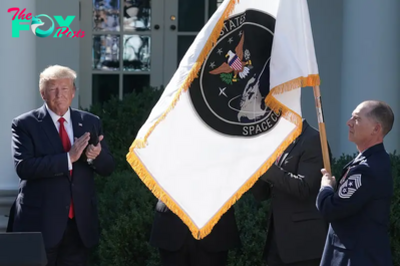
 Science3d ago
Science3d agoHere’s What Trump’s Win Means for NASA
-
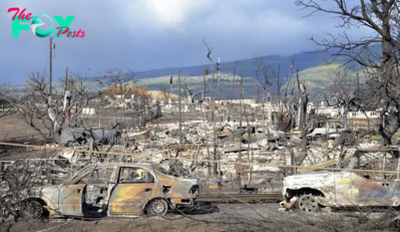
 Science6d ago
Science6d agoWhy Risky Wildfire Zones Have Been Increasing Around the World
-

 Science6d ago
Science6d agoIt’s Time to Redefine What a Megafire Is in the Climate Change Era
-

 Science1w ago
Science1w ago4 Astronauts Return to Earth After Being Delayed by Boeing’s Capsule Trouble and Hurricane Milton
-
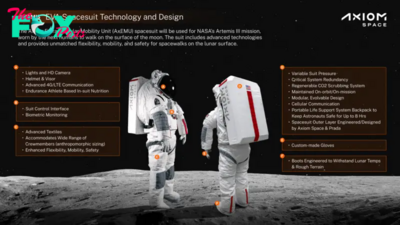
 Science1w ago
Science1w agoThe Elegance and Awkwardness of NASA’s New Moon Suit, Designed by Axiom and Prada
-
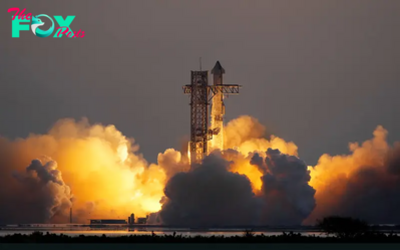
 Science1w ago
Science1w agoSpaceX Launches Its Mega Starship Rocket. This Time, Mechanical Arms Catch It at Landing
